Flexible Work Hours
입력 2019.02.20 (15:27)
수정 2019.02.20 (15:49)
읽어주기 기능은 크롬기반의
브라우저에서만 사용하실 수 있습니다.
[Anchor Lead]
In recent days, labor and management have been in conflict over the extension of the flexible work hour system. The Economic, Social and Labor Council, a dialogue channel for government, business and labor, has finally reached an agreement to extend the unit period for the flexible work hour rule, to six months.
[Pkg]
The Economic, Social and Labor Council, a social dialogue channel established under the presidential office, has reached an agreement on the disputed issue of extending flexible work hours after two months of standoff and tough negotiations. The council has agreed to extend the unit period for the flexible work rule from the current three months to six months. Under the agreement, as long as labor and management agree to an average 52-hour work week, hours can be flexibly adjusted within a six-month time frame. Also, when flexible work hours continue past three months, hours can then be determined on a weekly basis, and employees need to be notified of their daily hours at least two weeks prior. Companies have called for expanding the unit period for the flexible work hour system in order to abide by the 52-hour work week. Labor representatives have accepted this request. However, the latest agreement also includes some demands made by labor including protection of health rights and preservation of wages. For instance, continued rest of at least eleven hours straight has been guaranteed for workers, which means if a person worked until 10 pm, he or she should not come to work before 9 am the next day.
[Soundbite] Kim Ju-young(President, Federation of Korean Trade Unions) : "We'll do our best so the flexible work rule is not abused against non-unionized workers."
[Soundbite] Sohn Kyung-shik(Chairman, Korea Employers Federation) : "There are many labor-management issues and we aim to resolve them one after another through compromise."
The approved plan will now be handed over to the National Assembly.
In recent days, labor and management have been in conflict over the extension of the flexible work hour system. The Economic, Social and Labor Council, a dialogue channel for government, business and labor, has finally reached an agreement to extend the unit period for the flexible work hour rule, to six months.
[Pkg]
The Economic, Social and Labor Council, a social dialogue channel established under the presidential office, has reached an agreement on the disputed issue of extending flexible work hours after two months of standoff and tough negotiations. The council has agreed to extend the unit period for the flexible work rule from the current three months to six months. Under the agreement, as long as labor and management agree to an average 52-hour work week, hours can be flexibly adjusted within a six-month time frame. Also, when flexible work hours continue past three months, hours can then be determined on a weekly basis, and employees need to be notified of their daily hours at least two weeks prior. Companies have called for expanding the unit period for the flexible work hour system in order to abide by the 52-hour work week. Labor representatives have accepted this request. However, the latest agreement also includes some demands made by labor including protection of health rights and preservation of wages. For instance, continued rest of at least eleven hours straight has been guaranteed for workers, which means if a person worked until 10 pm, he or she should not come to work before 9 am the next day.
[Soundbite] Kim Ju-young(President, Federation of Korean Trade Unions) : "We'll do our best so the flexible work rule is not abused against non-unionized workers."
[Soundbite] Sohn Kyung-shik(Chairman, Korea Employers Federation) : "There are many labor-management issues and we aim to resolve them one after another through compromise."
The approved plan will now be handed over to the National Assembly.
■ 제보하기
▷ 카카오톡 : 'KBS제보' 검색, 채널 추가
▷ 전화 : 02-781-1234, 4444
▷ 이메일 : kbs1234@kbs.co.kr
▷ 유튜브, 네이버, 카카오에서도 KBS뉴스를 구독해주세요!
- Flexible Work Hours
-
- 입력 2019-02-20 15:36:15
- 수정2019-02-20 15:49:35
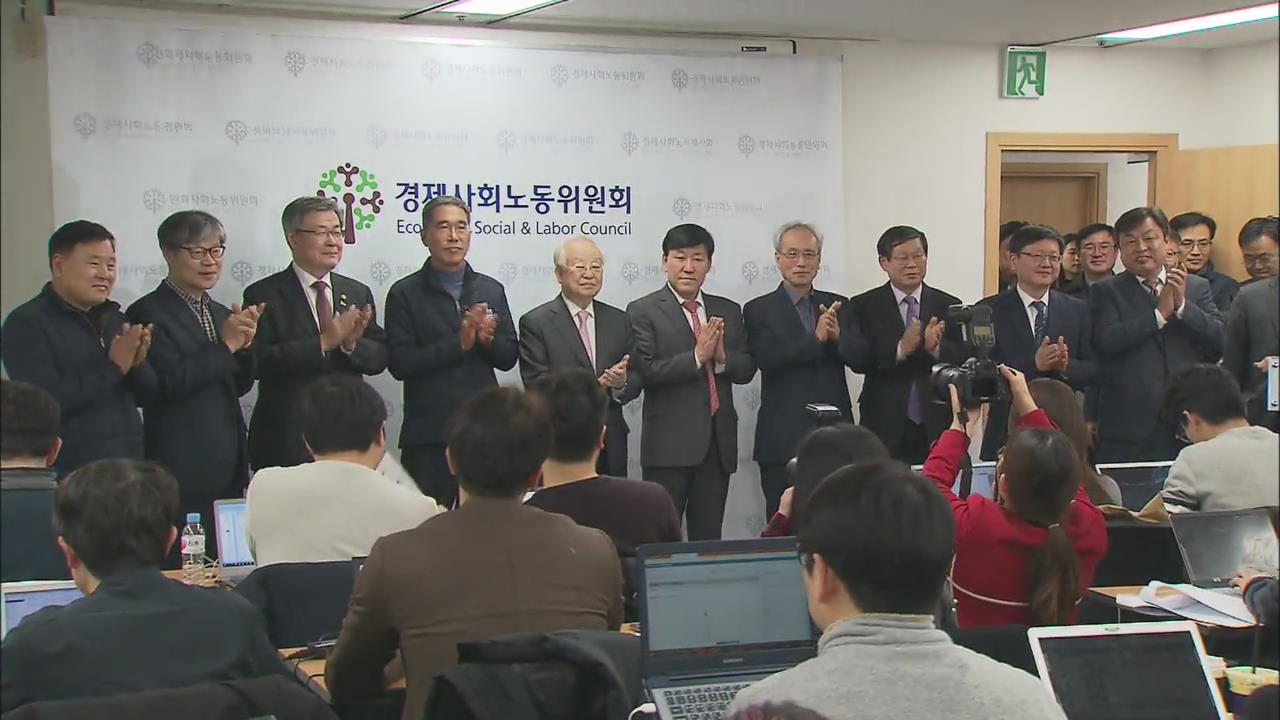
[Anchor Lead]
In recent days, labor and management have been in conflict over the extension of the flexible work hour system. The Economic, Social and Labor Council, a dialogue channel for government, business and labor, has finally reached an agreement to extend the unit period for the flexible work hour rule, to six months.
[Pkg]
The Economic, Social and Labor Council, a social dialogue channel established under the presidential office, has reached an agreement on the disputed issue of extending flexible work hours after two months of standoff and tough negotiations. The council has agreed to extend the unit period for the flexible work rule from the current three months to six months. Under the agreement, as long as labor and management agree to an average 52-hour work week, hours can be flexibly adjusted within a six-month time frame. Also, when flexible work hours continue past three months, hours can then be determined on a weekly basis, and employees need to be notified of their daily hours at least two weeks prior. Companies have called for expanding the unit period for the flexible work hour system in order to abide by the 52-hour work week. Labor representatives have accepted this request. However, the latest agreement also includes some demands made by labor including protection of health rights and preservation of wages. For instance, continued rest of at least eleven hours straight has been guaranteed for workers, which means if a person worked until 10 pm, he or she should not come to work before 9 am the next day.
[Soundbite] Kim Ju-young(President, Federation of Korean Trade Unions) : "We'll do our best so the flexible work rule is not abused against non-unionized workers."
[Soundbite] Sohn Kyung-shik(Chairman, Korea Employers Federation) : "There are many labor-management issues and we aim to resolve them one after another through compromise."
The approved plan will now be handed over to the National Assembly.
In recent days, labor and management have been in conflict over the extension of the flexible work hour system. The Economic, Social and Labor Council, a dialogue channel for government, business and labor, has finally reached an agreement to extend the unit period for the flexible work hour rule, to six months.
[Pkg]
The Economic, Social and Labor Council, a social dialogue channel established under the presidential office, has reached an agreement on the disputed issue of extending flexible work hours after two months of standoff and tough negotiations. The council has agreed to extend the unit period for the flexible work rule from the current three months to six months. Under the agreement, as long as labor and management agree to an average 52-hour work week, hours can be flexibly adjusted within a six-month time frame. Also, when flexible work hours continue past three months, hours can then be determined on a weekly basis, and employees need to be notified of their daily hours at least two weeks prior. Companies have called for expanding the unit period for the flexible work hour system in order to abide by the 52-hour work week. Labor representatives have accepted this request. However, the latest agreement also includes some demands made by labor including protection of health rights and preservation of wages. For instance, continued rest of at least eleven hours straight has been guaranteed for workers, which means if a person worked until 10 pm, he or she should not come to work before 9 am the next day.
[Soundbite] Kim Ju-young(President, Federation of Korean Trade Unions) : "We'll do our best so the flexible work rule is not abused against non-unionized workers."
[Soundbite] Sohn Kyung-shik(Chairman, Korea Employers Federation) : "There are many labor-management issues and we aim to resolve them one after another through compromise."
The approved plan will now be handed over to the National Assembly.
이 기사가 좋으셨다면
-
좋아요
0
-
응원해요
0
-
후속 원해요
0










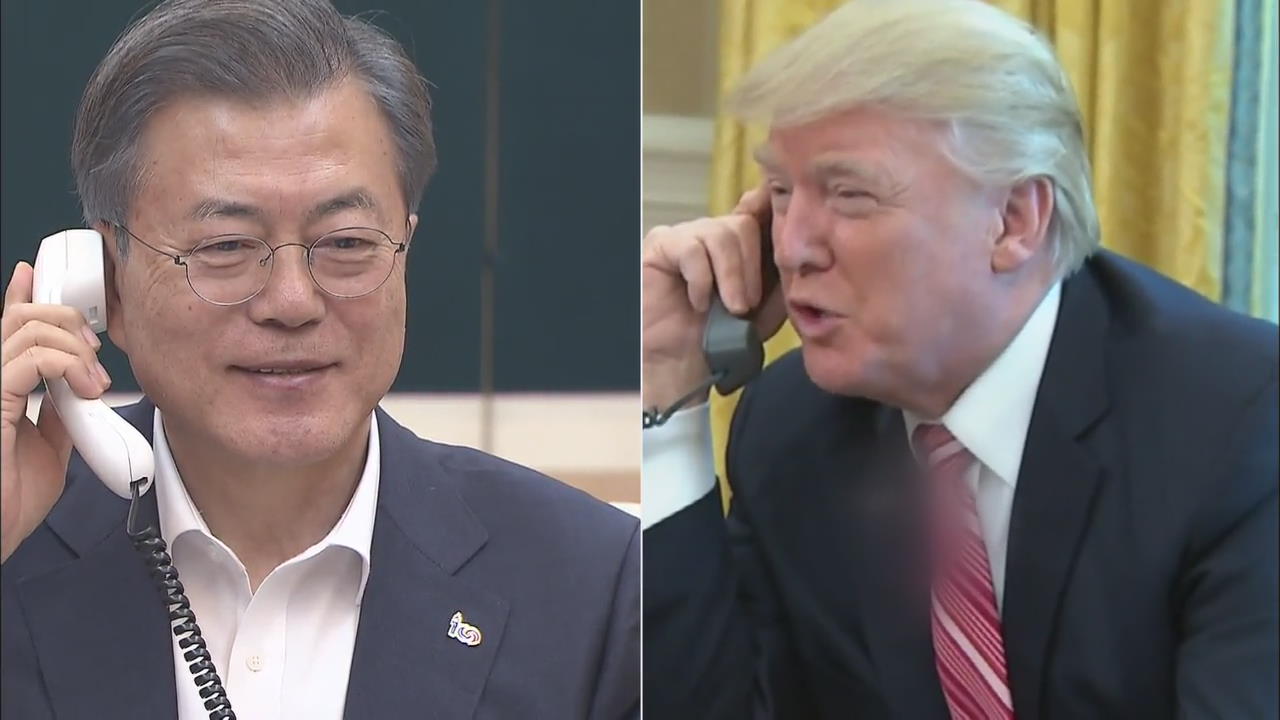

![[단독] 김민석 총리, 취임 첫 일정으로 ‘송미령 반대’ <br>농민단체 농성장 방문](/data/news/2025/07/03/20250703_YUTdgQ.png)
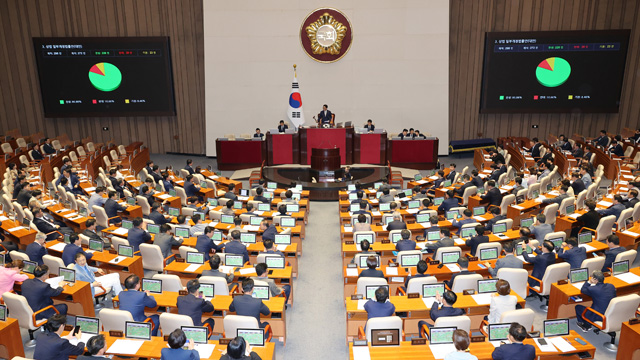
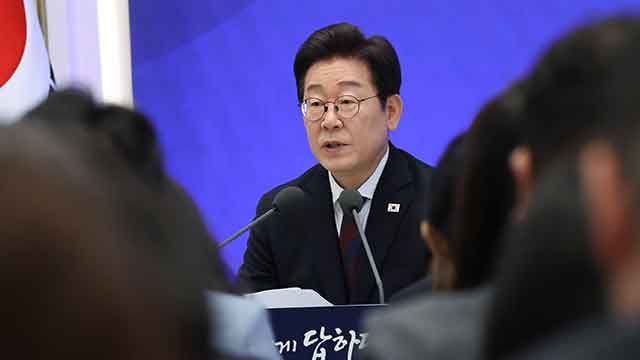
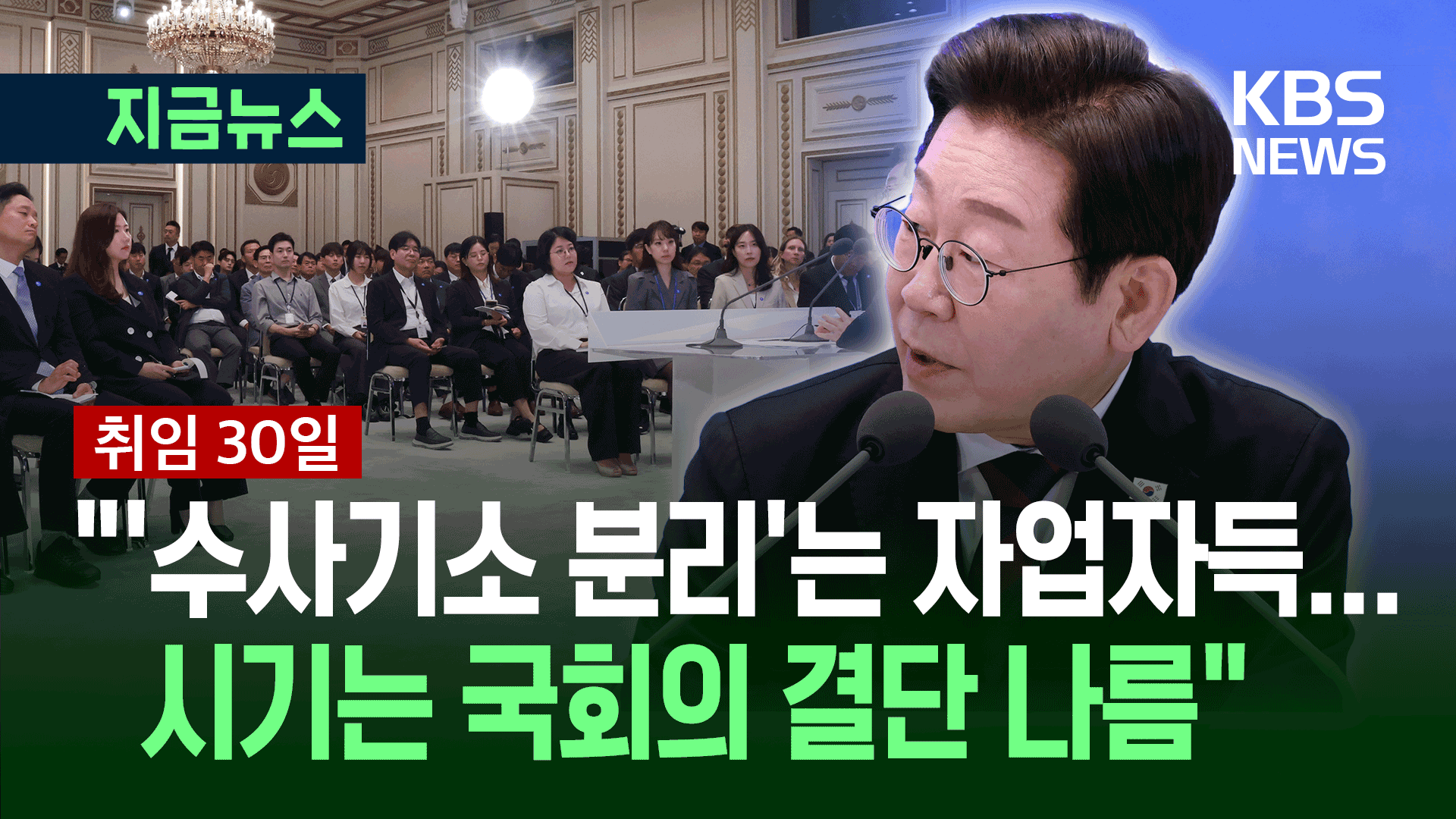

이 기사에 대한 의견을 남겨주세요.